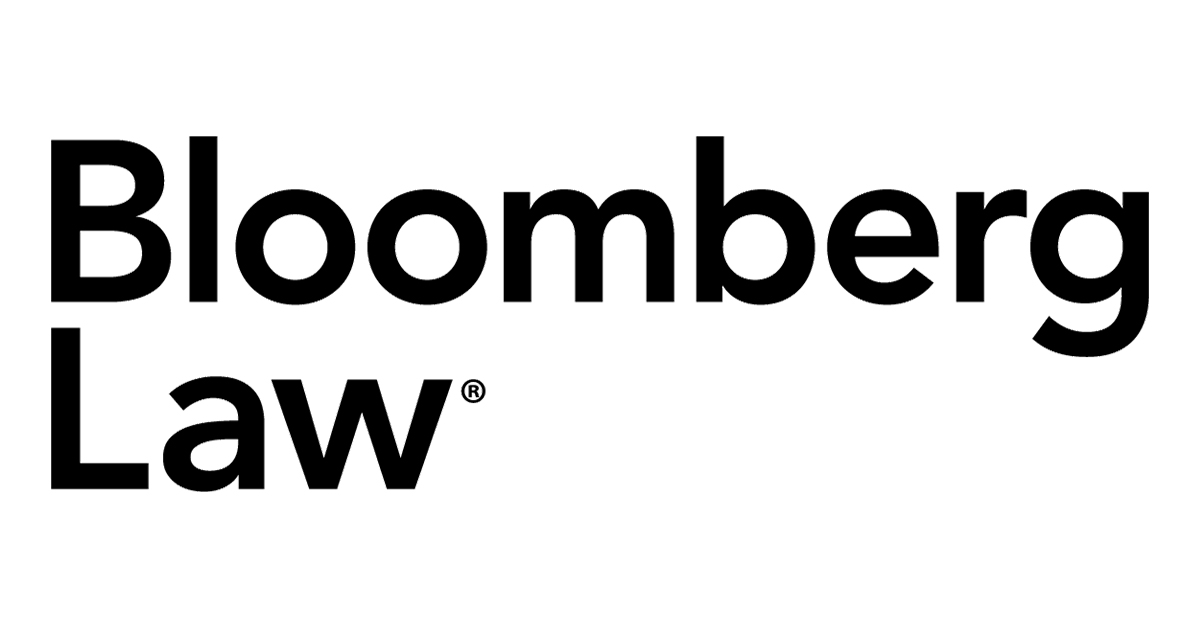A brand name needs to stick in consumers’ minds; it should be unique, memorable, and fit with the product or service image. Name testing can be conducted qualitatively or quantitatively. When a company is at the beginning stage of name development, qualitative research can determine where they begin. This kind of research guides a firm on which areas to focus on regarding naming for a brand.
If the company has a few names already developed, a survey can help narrow down which name most resonates with the consumers. Typically this type of research includes open-ended feedback and a list of criteria to analyze each name. Following the assessments, the target audience often ranks the names by preference. Research can also help discover names that could be offensive or misunderstood.
Here are some pros and cons to consider when naming a brand:
The Pros of Brand Naming Research
Connect With Consumers
A brand name should spark emotion in consumers, which draws them toward the product. If the name connects well with the consumers, there is a higher chance that the brand will remain at the top of the target audience’s mind. Brand naming research will help a brand find that perfect name that consumers will love. A good brand name also unifies the brand across all advertising and promotional materials.
Ensure Success
Testing names through survey research helps brands discover which names are winners or losers. Consumers will love some names, but they might associate others with negative attributes that could hurt the brand’s success. Some brand names may be perceived as high quality and memorable, while others may be offended. Brand name research has saved companies from disastrous launches with names that may not resonate with the consumers. A great name may not be right for the product, as consumers may not relate the name to the product. Testing a name before launch decreases the risk of something going wrong.
Eliminating Uh Ohs
While a name may sound good to internal stakeholders, the consumer may have a different perspective. Name testing can ensure that the name is appropriate for the brand. For example, it doesn’t sound too babyish or sexist. Unknowingly, a name may incite another imagery. For example, once when conducting research many years ago, a technology firm wanted to use the name “vistro.” However, many consumers thought it reminded them of food because of the word “bistro.”
The Cons of Brand Naming Research
Takes Time
As with any research, surveying brand names is a process that takes time. It cannot be done overnight. There are many steps, such as developing the questionnaire, administering the survey, analyzing the data, and writing a report. For companies in a time crunch, this is a consideration that must be taken into account.
Added Cost
Another consideration is that research is not free; it costs money for a market research vendor to correctly conduct these exercises. It can be costly to pay for the experience, resources, and time needed to conduct quality, effective research customized to your company.
Conclusion
Research for brand naming is extremely valuable when launching a new brand. It helps companies find a brand name that will resonate with consumers and lead to the brand’s success. While time and cost must also be considered, the benefits of brand naming research are undoubted.
Interested in reading more in our Pros and Cons series? Check out our other blogs here.
Are you interested in our market research capabilities?
-
Take a look at our research strategies here.
-
-
Sign up for our newsletters here.














